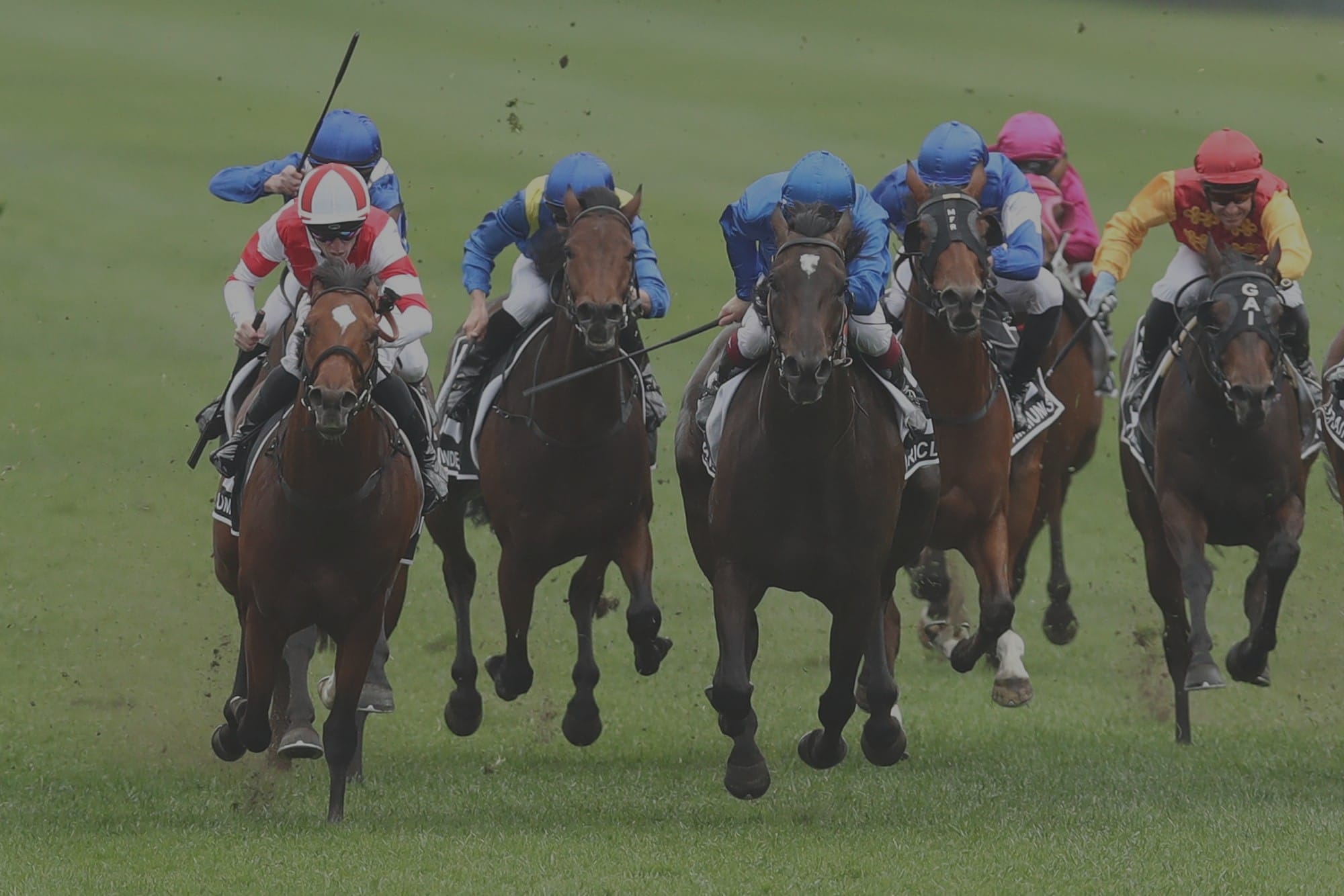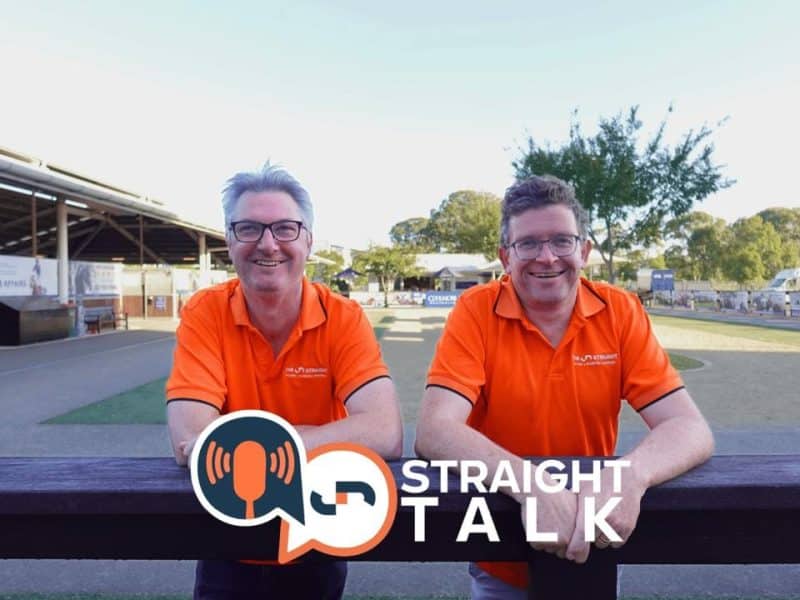What is the status of the sale of Rosehill racecourse?
Six months on from the shock announcement that the Australian Turf Club is considering selling Rosehill racecourse, The Straight has examined the project’s status, what we know, and what we don’t know.
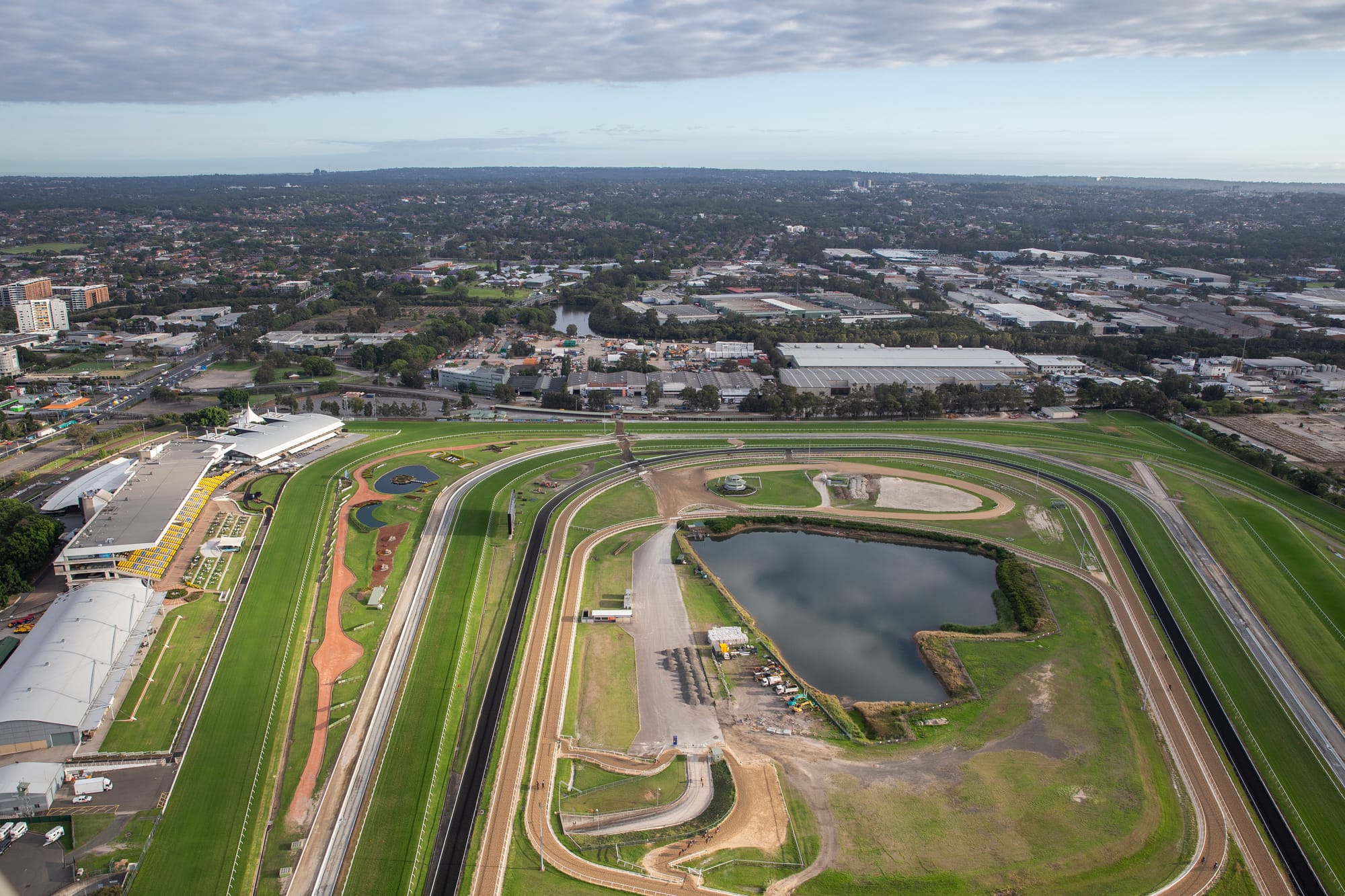
Nothing speaks better to the contentious nature and the importance of the potential sale of Rosehill racecourse than the fact that there are parallel processes which will play a major role in determining whether the proposal goes ahead.
On one hand, there is the unsolicited proposal process that the Australian Turf Club is undergoing in consultation with the state government, on the other there is a parliamentary inquiry in the NSW Upper House into the circumstances in which the proposal came into being and the broader questions it raises.
Projects of this magnitude always attract political attention, but this one has particular intrigue because, since it was announced to the public on December 7, Premier Chris Minns and his government have claimed it as a ‘once-in-a-generation’ opportunity for Sydney.
It was hailed as a deal which would yield $4.8 billion for the Australian Turf Club and 25,000 new houses, and a new train station for Sydney’s western suburbs.
The Proposal
The Australian Turf Club submitted its unsolicited proposal surrounding Rosehill on February 28. The first stage of the process is confidential, and the public had to wait until June 7 to find out exactly what was in that proposal.
That was the date when the NSW government approved Stage 1 of the process, allowing the ATC to progress to further due diligence and the public to get its first eye on the precise details.
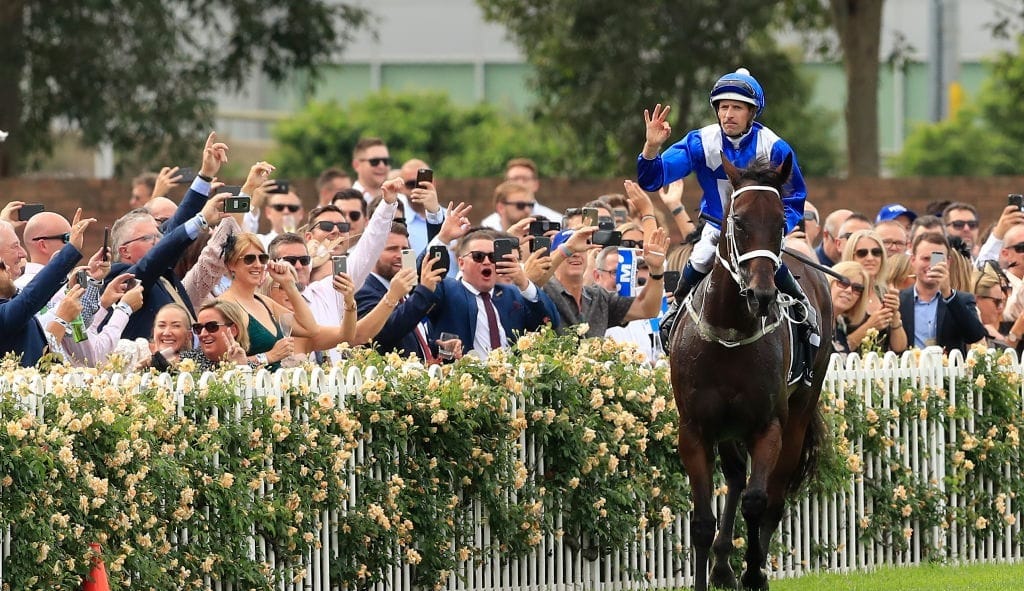
The details, as released by the Department of Enterprise, Investment and Trade, only went as far as a one-and-a-half-page PDF.
That set out that the ATC has proposed to redevelop Rosehill Gardens into a mixed-use precinct that includes up to 25,000 dwellings, develop a Centre Of Excellence Training facility at Horsley Park, upgrade facilities at Warwick Farm, Canterbury, and Randwick, and develop a potential new racetrack in metropolitan Sydney.
These are the four key planks of the proposal.
In order to do this, the ATC would require the government to establish a new station at Rosehill, support the identification of a suitable location for a new racetrack, and grant access to the necessary land to set up at Horsley Park.
In approving stage 1, the state government assessment panel determined that the proposal aligned with the Minns government’s key priorities and plans and that the ATC is uniquely positioned to deliver the housing and transport outcomes the government wanted.
The document set out the plans to establish a Steering Committee through stage 2 of the process which will determine if the proposal continues to stage 3.
That was it for the details. The ball is now back in the ATC’s court to present the necessary plans and due diligence.
Who is paying for it?
It has also been revealed that the cash-strapped club is not paying for this due diligence and planning. That is being funded by Racing NSW, which is not a party to the unsolicited proposal.
The ATC has indicated it will go through stage 2 of the project, expected to take several months, before any further discussion and consultation with members.
Its series of member meetings on the issue in February were truncated after vocal dissent from significant players, including leading trainers Gai Waterhouse and Chris Waller. The ATC’s official line for not continuing the member forums was that it had no further information to put forward at that point.
ATC chairman Peter McGauran has said the club is committed to putting the Rosehill sale decision to a member vote, which would likely be later this year.
However, the state government Cabinet Office received legal advice before the potential Rosehill sale was made public, that approval of the proposal does not need a member vote.

The Inquiry
The political machinations, which occurred before the public even knew about the proposal on December 7, built the momentum for a parliamentary inquiry into the Rosehill process.
While this inquiry will probe a host of Rosehill and related issues, at its heart is determining where the idea to sell Rosehill came from. The proposal’s ‘unsolicited’ nature means it could not have been initiated by the government; it had to come from the ATC.
A parliamentary ‘call for papers’ on the Rosehill issue, which revealed all the meetings held by the NSW government on the proposal, has called this into question. It has also established a clear timeline on who knew what and when.
The ATC board, for example, did not know about the discussions with the government until they were well underway, and indeed, Racing NSW CEO Peter V’landys and former chairman Russell Balding met with the government to express their thoughts before the ATC Board was informed.
At best, it was a messy process from both the ATC and government, and the committee, which is currently taking submissions, will probe its details more. Hearings will begin on July 22, and the final report is due on November 30, around the same time as the ATC intends to have its members’ vote.
The parliamentary demand for scrutiny on the Rosehill deal was best summarised by opposition leader in the Upper House Damien Tudehope MP. “A multi-billion dollar proposition should not be drawn up on the back of a napkin.”
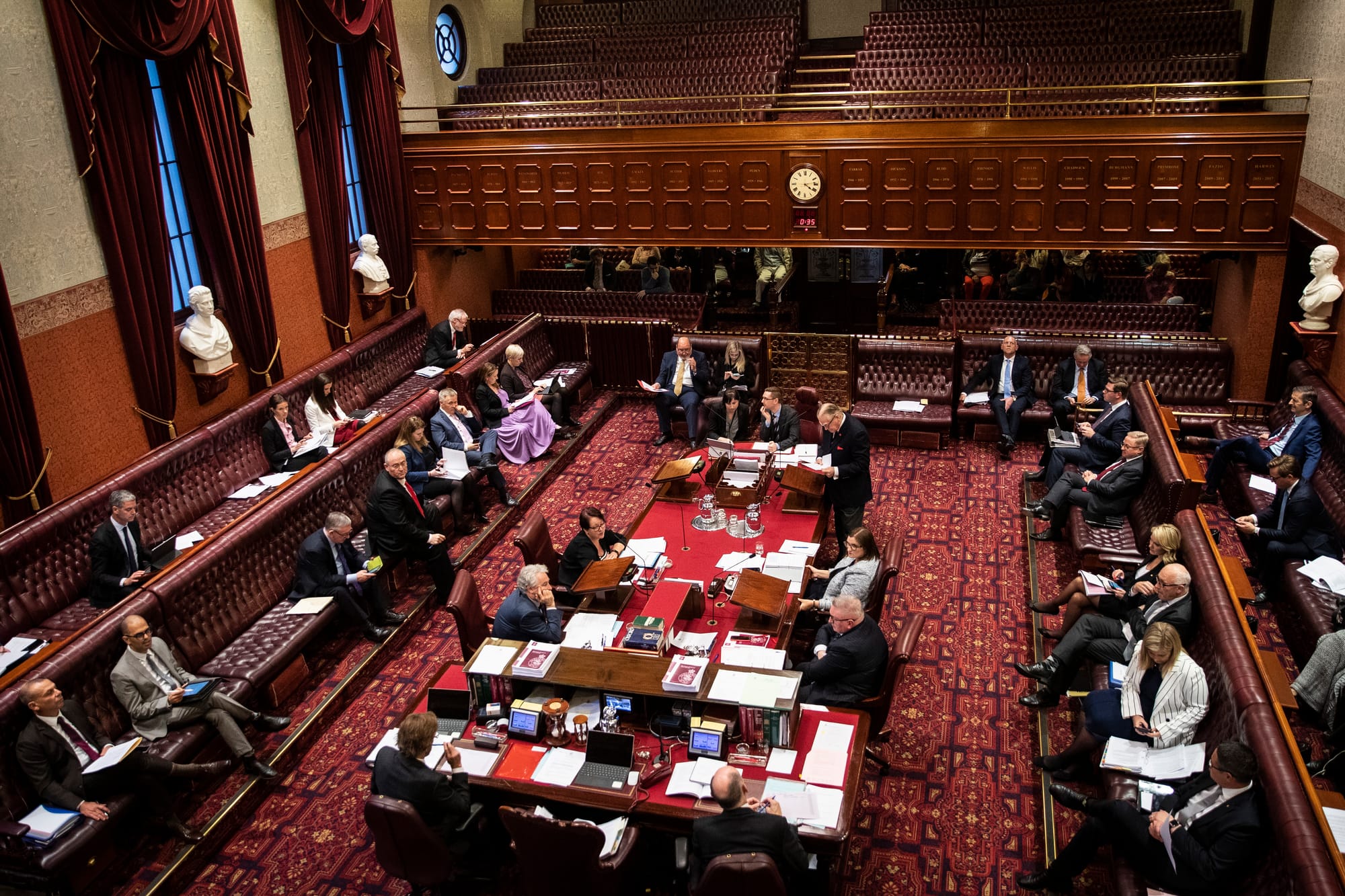
But the parliamentary committee, which has the power to call witnesses and can even request the Premier’s attendance, will take the chance to probe a few more aspects of the broader industry.
As well as the details around Rosehill, who knew what when and its role in determining housing and transport targets, it will also look at potential impacts on parkland in western Sydney, the impacts on the racing industry in New South Wales, and impacts on animal welfare and integrity.
Who is on the committee panel?
The ten-person panel will be chaired by opposition planning minister Scott Farlow, with the Animal Justice Party’s Emma Hurst as deputy chair.
It will also contain two other members of the Liberal/National party, three from the governing Labor Party, a member of the Greens, and two independents, including outspoken critic of the idea, Mark Latham, an ATC member who was included as a participating member after the committee was first formed.
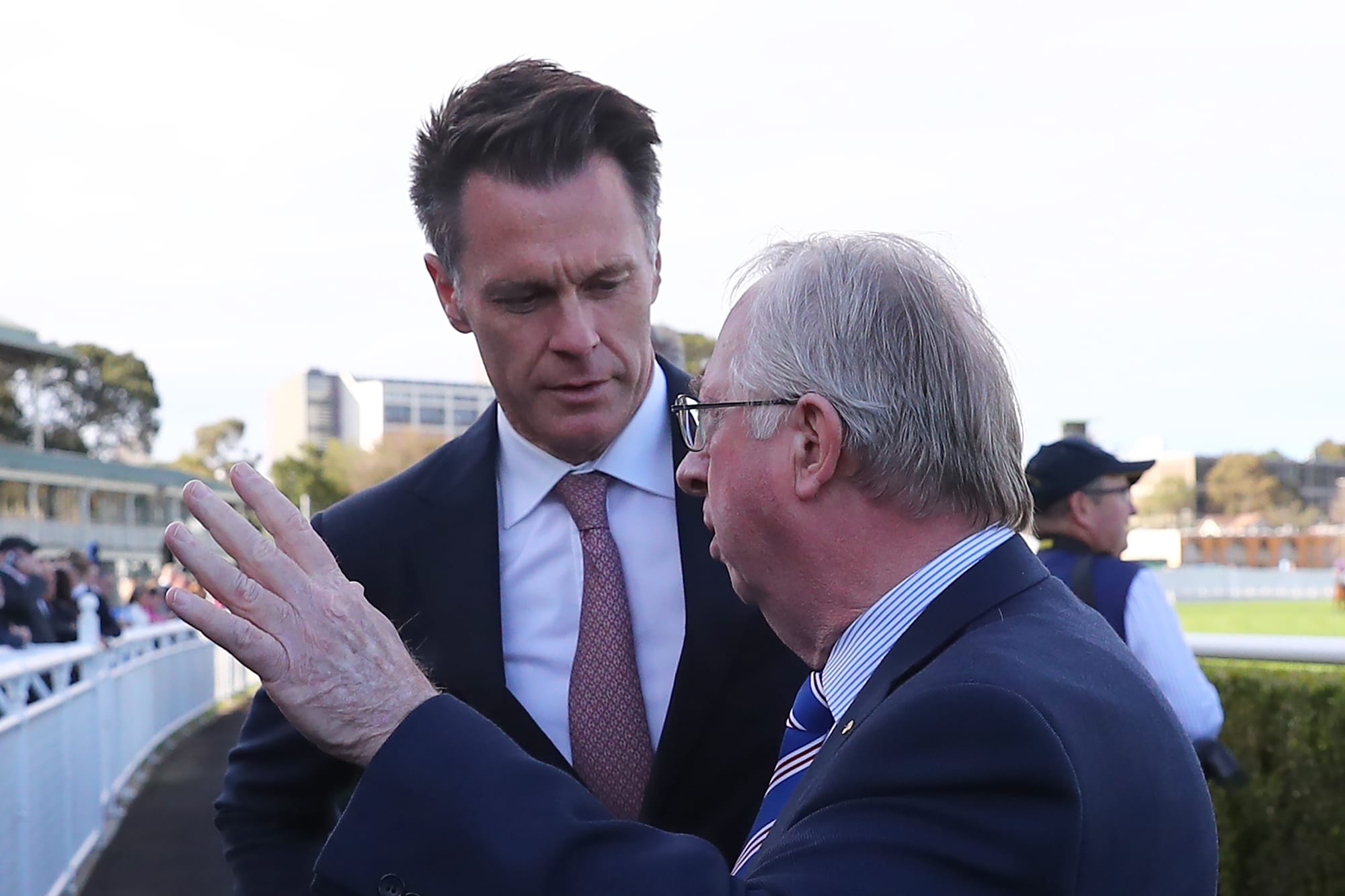
Given the committee’s broad remit, the witness list will be fascinating. The ATC has said it would be only too happy to contribute to the public hearings, with chairman Peter McGauran, ATC executives, and even V’landys likely to be called.
Can the committee stop the Rosehill proposal?
The committee itself can not determine any actions or sanctions from the hearings: it can only make recommendations. The government is compelled to report within three months on what actions it has taken on these recommendations, which extends the timeline to March next year.
So, the greatest threat from the committee hearing is the political scrutiny and embarrassment it may cause. It could also shine a light on the nature of the relationship between the ATC and government, the suitability of the unsolicited proposal process and the relationship between related bodies like Racing NSW and the ATC.
It could also significantly delay the process, and insiders believe that the 2028 timeline for the closure of Rosehill is optimistic, should the proposal progress.
Where do the proceeds of the sale go?
What also needs to be resolved, especially before the member vote, is where the project’s proceeds will flow. McGauran has insisted that the money will be retained by the ATC, while V’landys has expressed his desire for the money to benefit the NSW racing industry more.
This is why the role of Racing NSW bankrolling the due diligence is so fascinating.
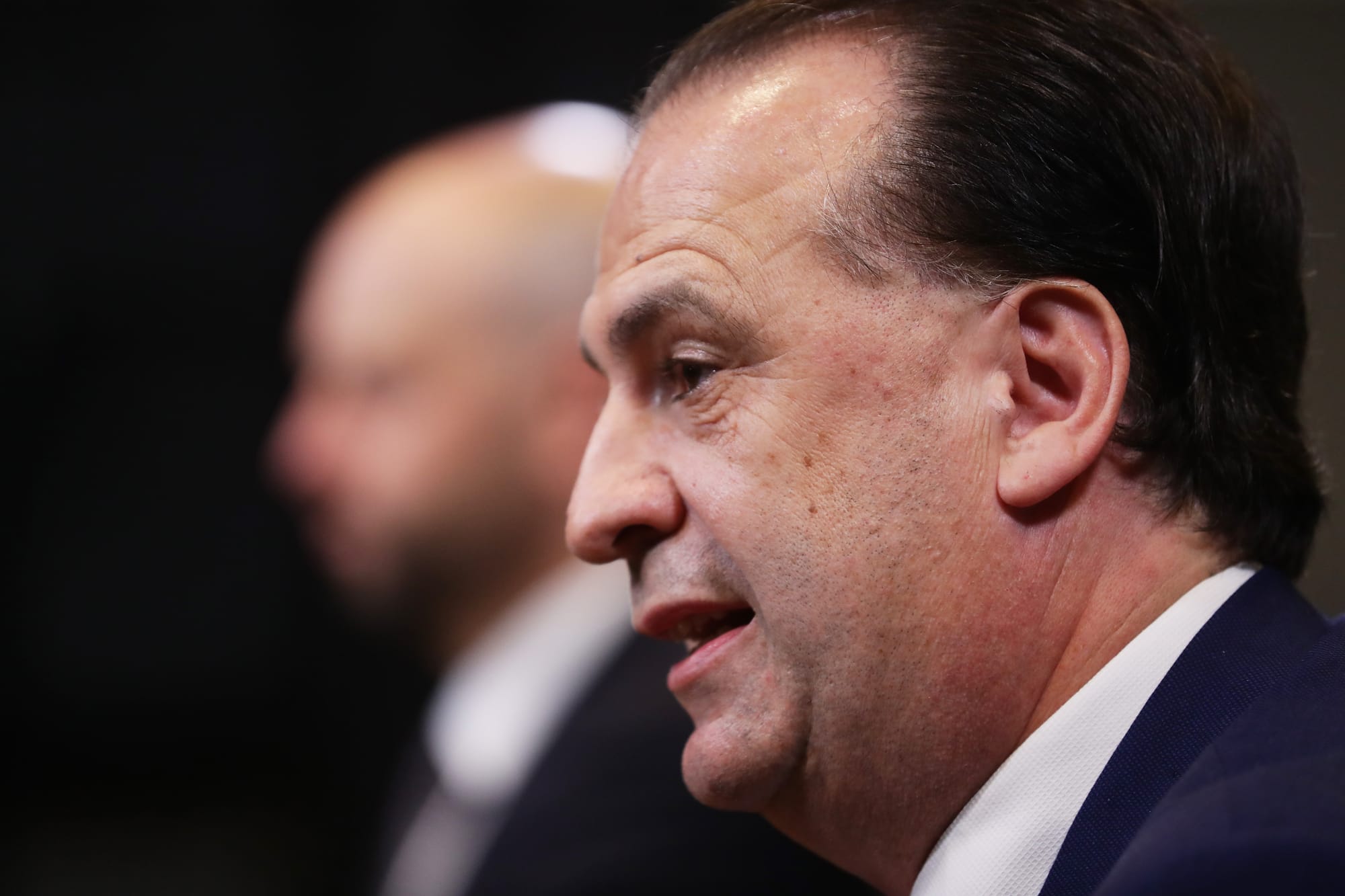
Another major question has yet to be answered: how to replace Rosehill as a racecourse. The ‘Brick pit’ site at Homebush has been broadly mooted as a solution, but before the proposal was submitted, there had been no consultation with those who currently control that site. It certainly takes considerable imagination to see a racetrack in that location.
The conclusion of Stage 2 of the process will likely reveal that plan, which will be interesting, given the paucity of possible sites in metropolitan Sydney.
Beyond that, there is also industry opposition to the Rosehill sale. A Save Rosehill group, supported by powerful breeders, owners and trainers, is opposed to the sale and is leading a campaign to ensure a member vote is held.

